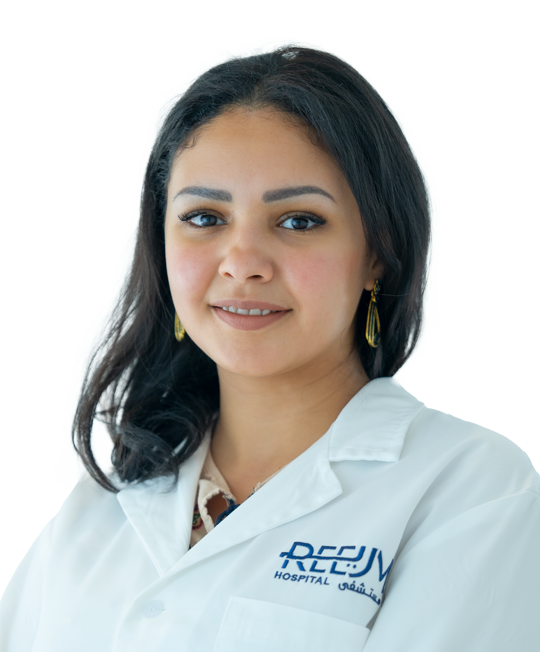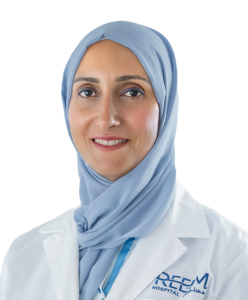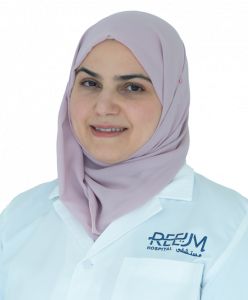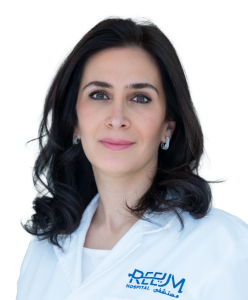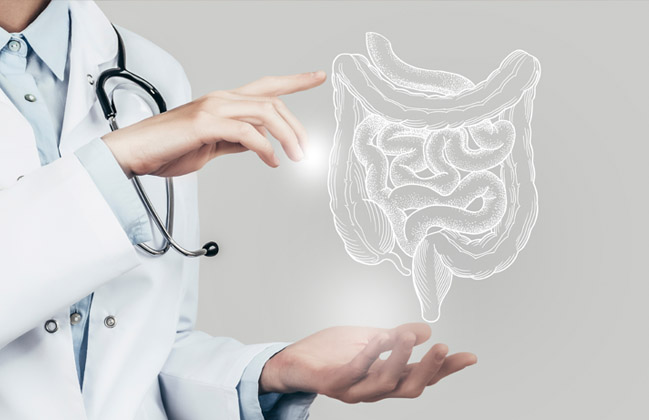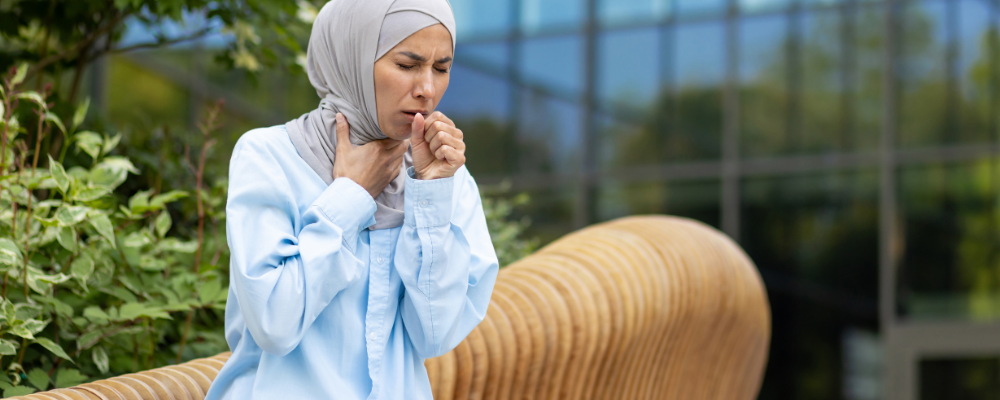What Are Uterine Fibroids?
Uterine fibroids, also known as leiomyomas, are benign (non-cancerous) growths that develop in the muscle tissue of the uterus. They are often influenced by hormonal changes, particularly estrogen, and are most common during the reproductive years.
Common Symptoms
- Abnormal bleeding and heavy periods (e.g., prolonged or very heavy menstrual bleeding)
- Frequent urination or difficulty emptying the bladder
- Low back pain or pelvic discomfort
- Constipation or difficulty with bowel movements
- Abnormal vaginal discharge (which may be unusually heavy or have a different color/odor)
 Patient Login
Patient Login
